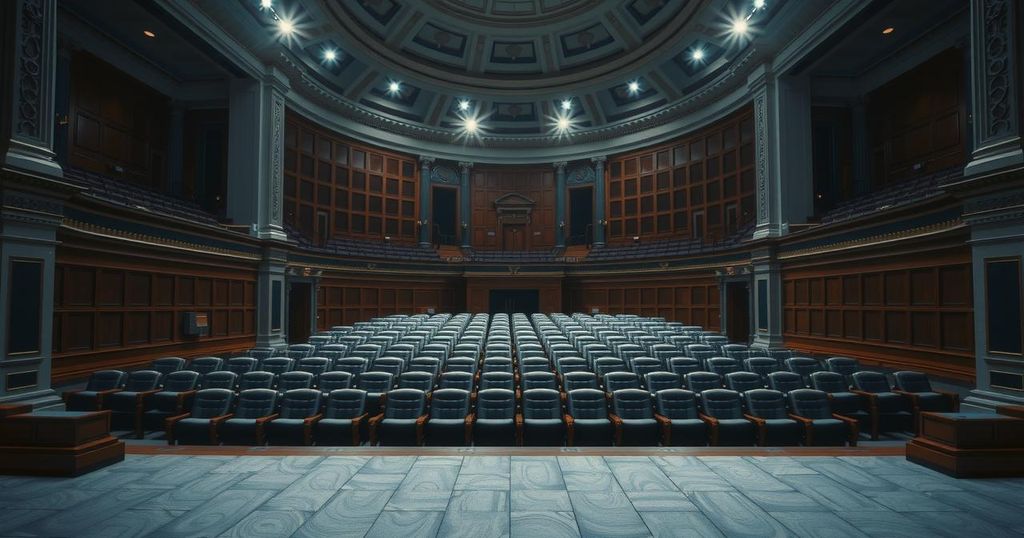Togo Opposition Party Declares Boycott of Upcoming Senate Elections

The National Alliance for Change (ANC) of Togo will boycott the February 2 senatorial elections, viewing them as part of a constitution overhaul favoring presidential power. This decision follows concerns over electoral integrity and transparency amidst criticisms of President Faure Gnassingbe’s administration.
A prominent opposition party in Togo, the National Alliance for Change (ANC), has announced its decision to boycott the upcoming senatorial elections scheduled for February 2. The elections represent a significant shift toward a new constitution, which removes direct elections for the head of state and establishes a parliamentary system. Critics, including the ANC, believe this reform allows President Faure Gnassingbe to consolidate power indefinitely.
Opposition leaders and civil society have condemned the new constitutional changes, asserting that they undermine democracy. In a firm statement, the ANC articulated its rejection of the elections, citing previous instances of electoral fraud and irregularities. They assert that, without substantial guarantees of transparency, these elections will merely be a façade.
The ANC’s stance aligns with the sentiments of another opposition coalition, Dynamique pour la majorite du peuple (DMP), which views the senatorial elections as part of a broader constitutional coup. President Gnassingbe has ruled Togo since 2005, succeeding his father, who held power for 38 years.
Protests against these reforms have faced significant restrictions; political rallies have been prohibited in Togo since 2022, limiting opposition voices. This political environment raises concerns about the integrity of the electoral process in Togo.
In Togo, a significant political reformation is underway, revolving around the introduction of a new constitution that alters the framework of governance. The forthcoming senatorial elections are pivotal within this context, intending to replace the direct election of the president with a parliamentary approach. However, this shift has faced opposition from various political factions who perceive it as an attempt by the current president to maintain control over the political landscape indefinitely, emphasizing long-standing issues of electoral integrity in the country. The governance of President Faure Gnassingbe, who has been in power since 2005, raises concerns about democratic practices, as many opposition groups accuse the administration of manipulating electoral processes to suppress dissent and maintain authority. The restriction on public assembly further complicates the political climate, indicating a challenging road ahead for opposition movements in advocating for democratic reforms.
The ANC’s decision to boycott the upcoming senatorial elections reflects deep-seated concerns regarding the legitimacy and transparency of the electoral process in Togo. With significant opposition warnings of constitutional manipulation and a lack of safeguards against electoral malfeasance, the political climate appears fraught with tension. The restriction of political protests further complicates the situation, limiting avenues for public opposition to governmental reforms that many view as a means for the current administration to entrench its power. As Togo approaches this pivotal electoral moment, the actions of opposition parties and the government’s response will be crucial in determining the nation’s democratic future.
Original Source: www.barrons.com







